Hannibal mugshot enquiry could close Libya row
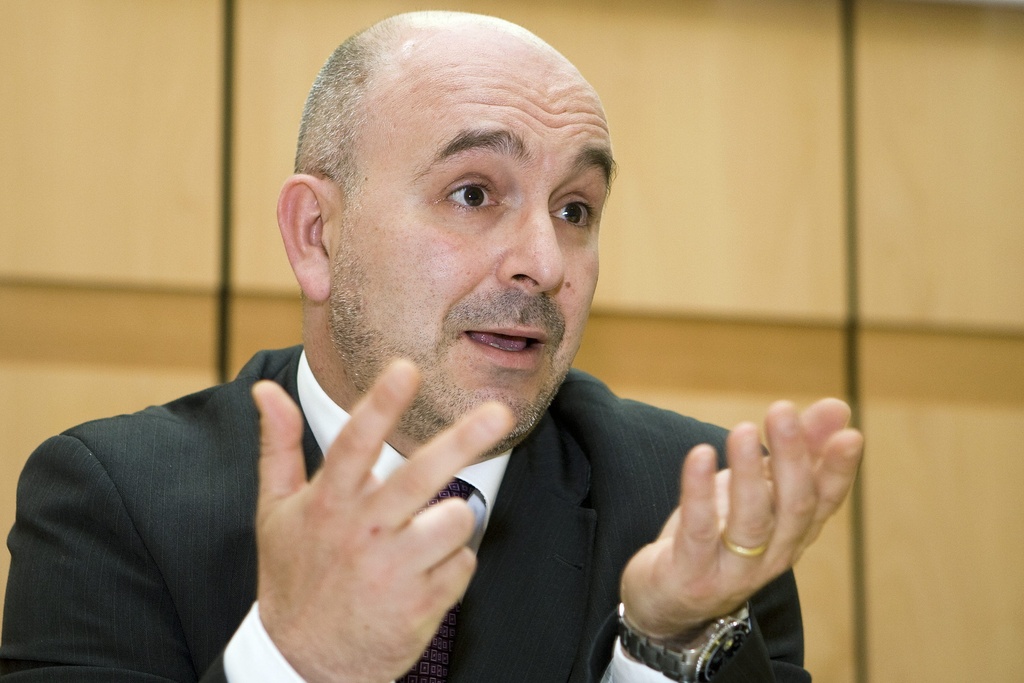
As the diplomatic row with Libya continues, attention is being focused on the Geneva investigation into the leak of police mugshots of Hannibal Gaddafi.
Diplomats say an end to the long dispute is near. But Switzerland is accused of foot-dragging, in particular over the five-month police investigation into the leak. Geneva’s public prosecutor says the enquiry is a “priority” but complicated.
“We are close to a solution concerning the crisis with Switzerland, even if the Swiss have the major responsibility for not having implemented what our two countries agreed to resolve our differences,” Libyan Foreign Minister Moussa Koussa told journalists in the Libyan city of Sirt on Wednesday.
Libya is demanding an international arbitration into the “Hannibal affair”, in particular to look into the leak of photos belonging to the Geneva police, he declared.
Two mugshots of Libyan leader Muammar Gaddafi’s son, Hannibal, were published by the Tribune de Genève newspaper in September 2009. They had reportedly been taken on July 15, 2008 after Hannibal was arrested by Geneva police on charges – later dropped – of mistreating two domestic employees.
Gaddafi’s son was released shortly after his arrest, but the dispute has escalated. Last week Gaddafi called for a jihad against Switzerland and on Wednesday Libya announced an economic boycott.
Finding the culprit
A Swiss businessman, Max Göldi, who is currently in jail in Tripoli serving a four-month sentence for visa violations, this week also brought up the mugshots.
“Switzerland must allow Captain Hannibal to exercise his right… The leak of pictures was unacceptable and against the law,” Göldi told journalists.
Hannibal submitted an official complaint about the photos in December 2009 and is demanding compensation from canton Geneva and the Tribune de Genève.
In an interview on Wednesday with the Geneva-based Le Temps newspaper, Geneva public prosecutor, Daniel Zappelli, said the enquiry was a “priority” but the “monumental” job of finding who sent the photos to the Tribune de Genève was complicated by Swiss legislation.
“Investigations involving computer networks and email are particularly difficult and very limited by legislation and technical means,” he noted.
Since the state security scandal in the late 1980s over secret files on nearly one million Swiss people and organisations, Switzerland has had one of the most protective data systems for its citizens.
Under Swiss law retroactive phone taps can only be authorised for a six-month period, unlike what is possible in other countries, and are not allowed for breaches of official secrets. The Geneva police computer system can reportedly trace who might have seen the files but many people may have access.
“The photos would be much easier to trace if sent via email, but unless there is a special system in place, photos copied onto a USB stick cannot be traced,” security expert Sebastien Fanti told swissinfo.ch.
“To know who sent them you need forensic computer experts who are rare in Switzerland; it might take a year of investigations.”
The Tribune de Genève, for its part, has reportedly not yet been approached by the investigators, but in line with Swiss law protecting journalists it says it is not willing to reveal its source.
“[And] in the current context, the publication of the photos appears increasingly like a pretext used in an orchestrated strategy rather than a decisive element,” the newspaper’s editor, Pierre Ruetschi, told Le Temps.
Deflecting pressures
Meanwhile, the Geneva government continues to deflect external pressures over the row.
“The government is not commenting on the daily episodes of this affair as long as a Swiss hostage [Göldi] is being held in Libya,” head of government François Longchamp told reporters on Wednesday.
He recalled that the government had already given its position “deploring” the publication of the mugshots and reiterated that the leak was “intolerable”.
“Owing to the separation of powers, it is up to the justice system to carry out the enquiry into this clear breach of official secrets and to do so diligently,” he added.
But Marcelo Kohen, a professor of international law at the Geneva Graduate Institute, blasted the Geneva authorities.
“You can’t just say ‘We’re waiting for the results of the investigation’. The state of Geneva is at fault and should assume its responsibility,” said Kohen.
He felt the crisis could be resolved through an end to visa restrictions by both sides, Geneva acknowledging its responsibility in the mugshot affair and the setting up of a court of arbitration to look into Hannibal’s arrest.
“Geneva holds one of the keys to a resolution of this affair. How long will it continue to turn a blind eye?” he added.
Simon Bradley in Geneva, swissinfo.ch
July 2008: Hannibal Gaddafi and his wife are charged with abusing their staff. The staff are later compensated and charges dropped. Swiss nationals Max Göldi and Rachid Hamdani are arrested. Swiss businesses are forced to shut and flights to Tripoli are cut.
June 2009: Libya withdraws assets from Swiss banks.
August: The Swiss president apologises for Hannibal’s arrest.
September: Göldi and Hamdani disappear after a medical check-up in Tripoli.
October: A deadline for normalising Swiss-Libya relations passes.
November: Swiss ministers say they will pursue visa restrictions for Libyans. Göldi and Hamdani are sentenced to 16 months in prison for visa violations.
January 2010: Hamdani’s term is overturned and Göldi’s is cut.
February: After reports of a Swiss visa blacklist of 188 top Libyans, Libya stops issuing visas to citizens from the Schengen zone. European foreign ministers try to hammer out a solution. Göldi starts prison term. Hamdani is allowed to leave Libya.
February 25: Gaddafi declares holy war against Switzerland.
March 3: Libya announces total economic boycott of Switzerland.

In compliance with the JTI standards
More: SWI swissinfo.ch certified by the Journalism Trust Initiative

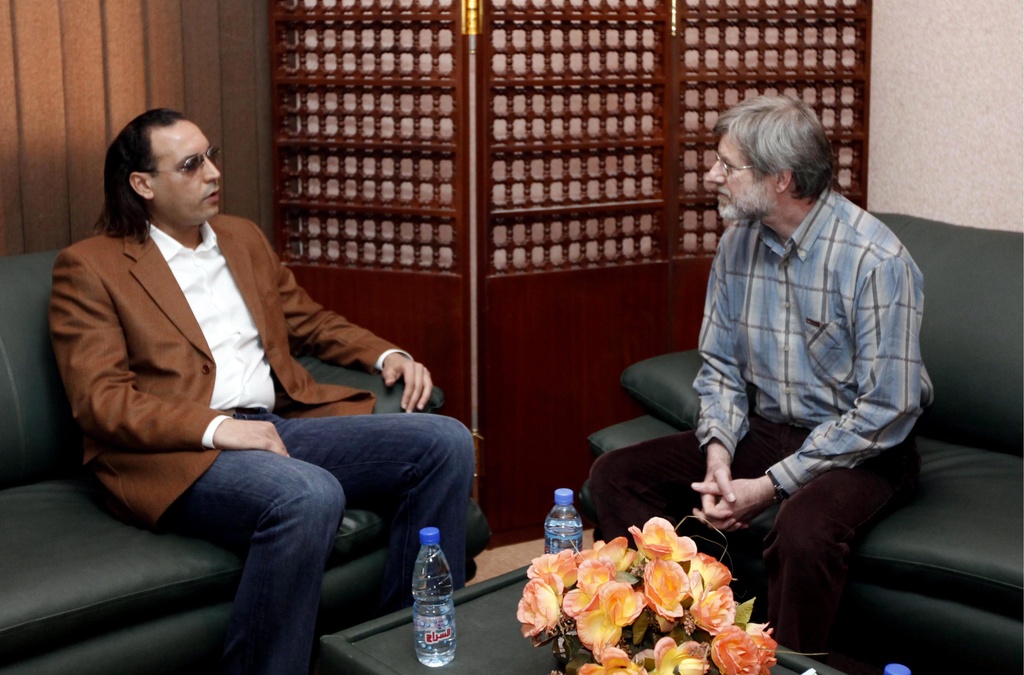
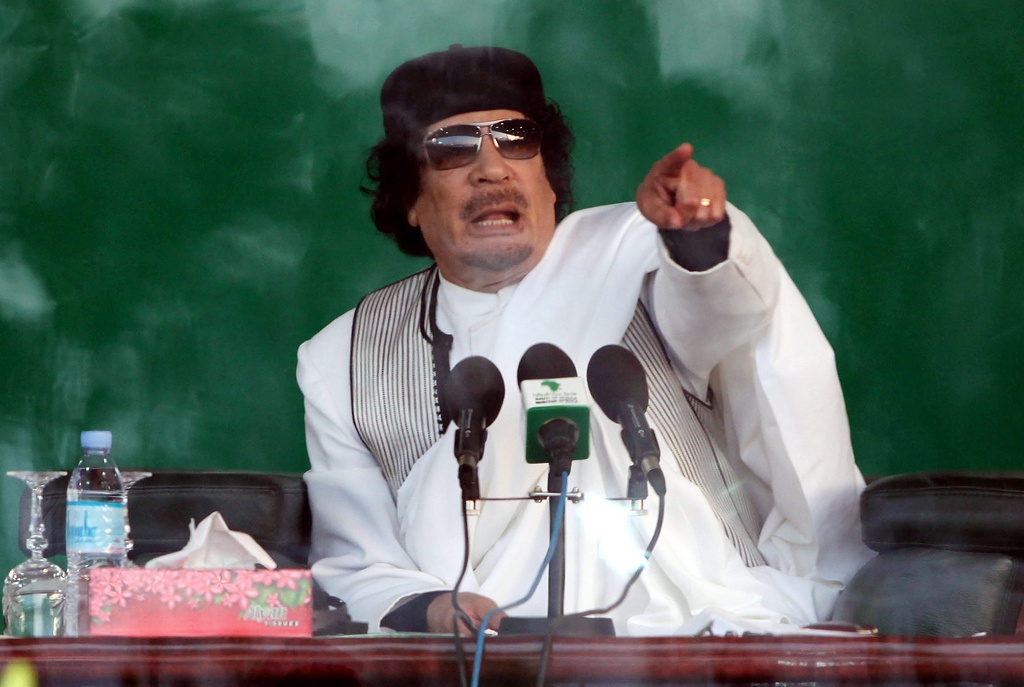
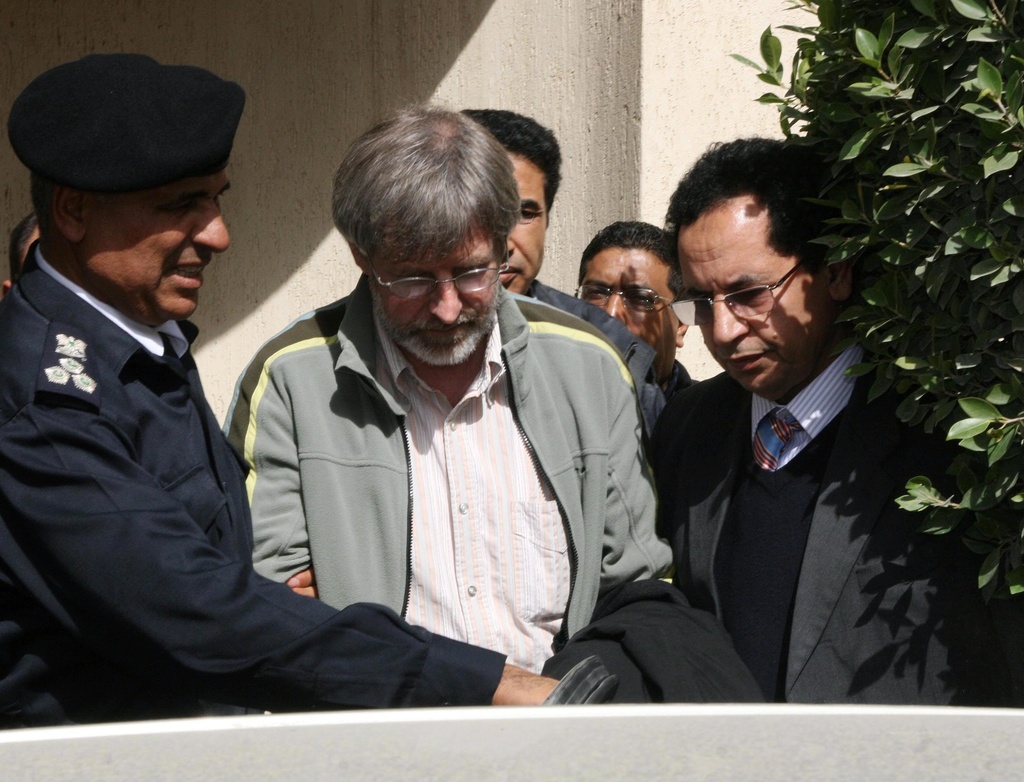
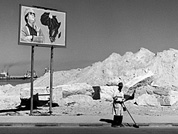
You can find an overview of ongoing debates with our journalists here. Please join us!
If you want to start a conversation about a topic raised in this article or want to report factual errors, email us at english@swissinfo.ch.